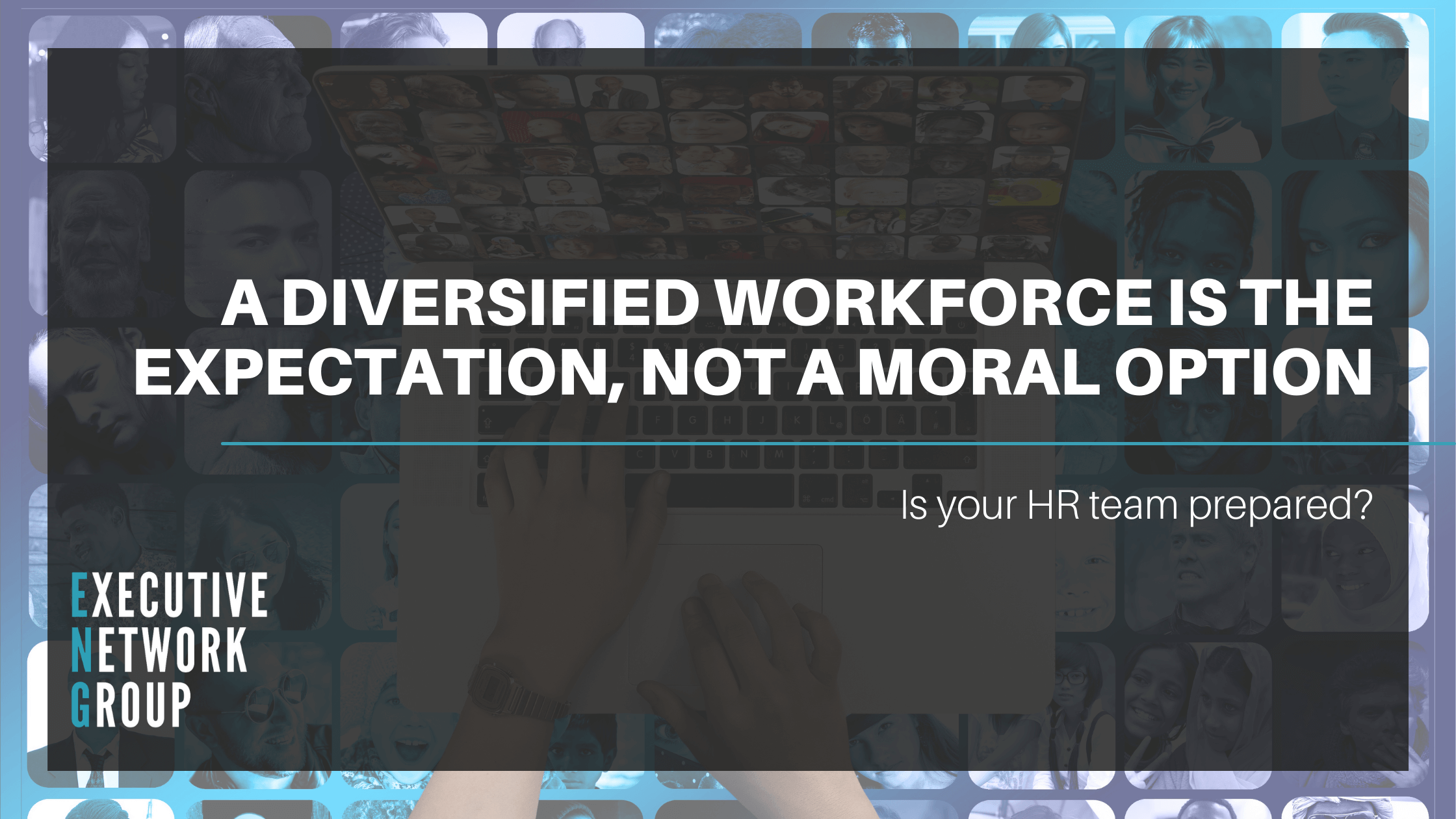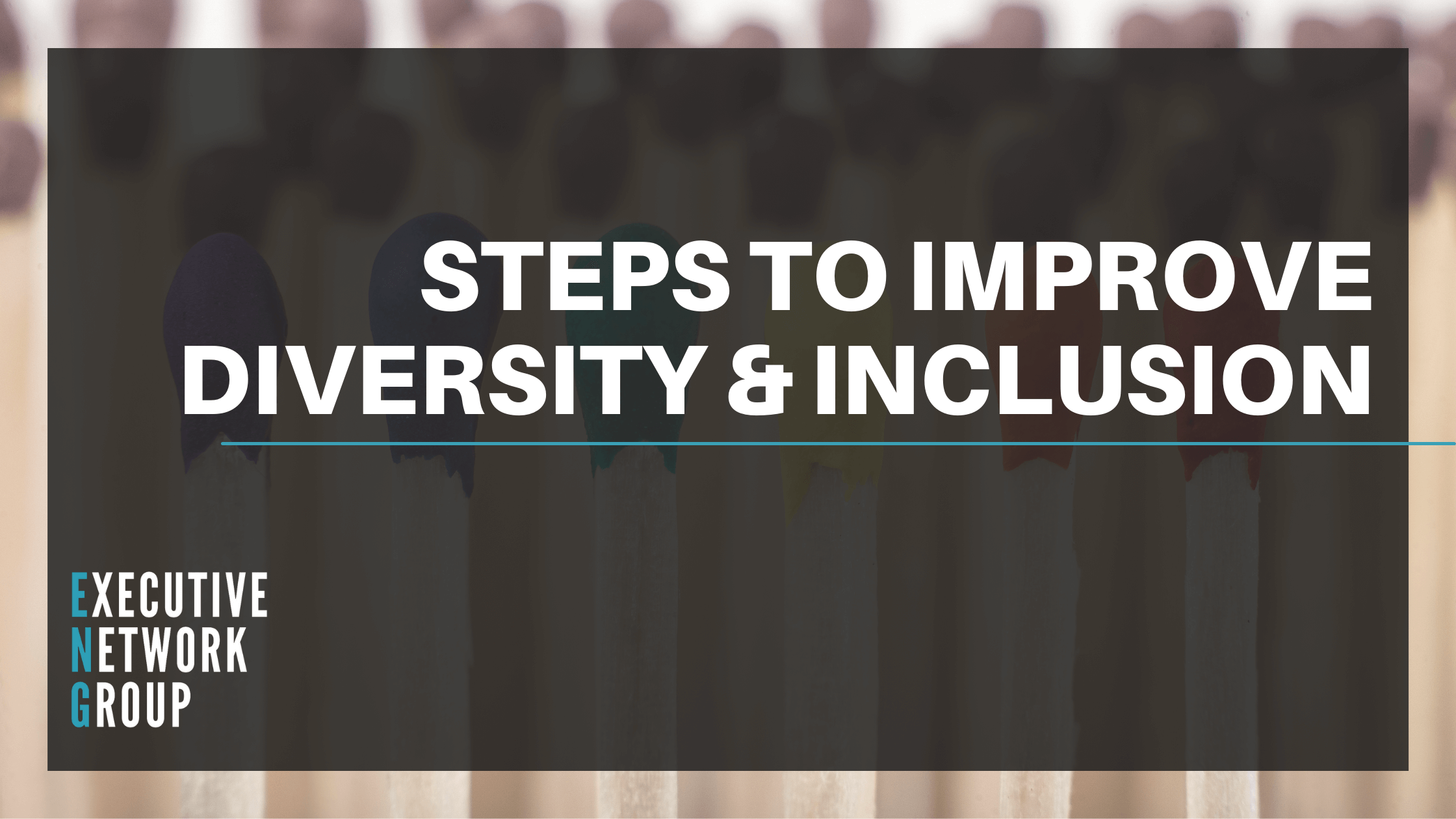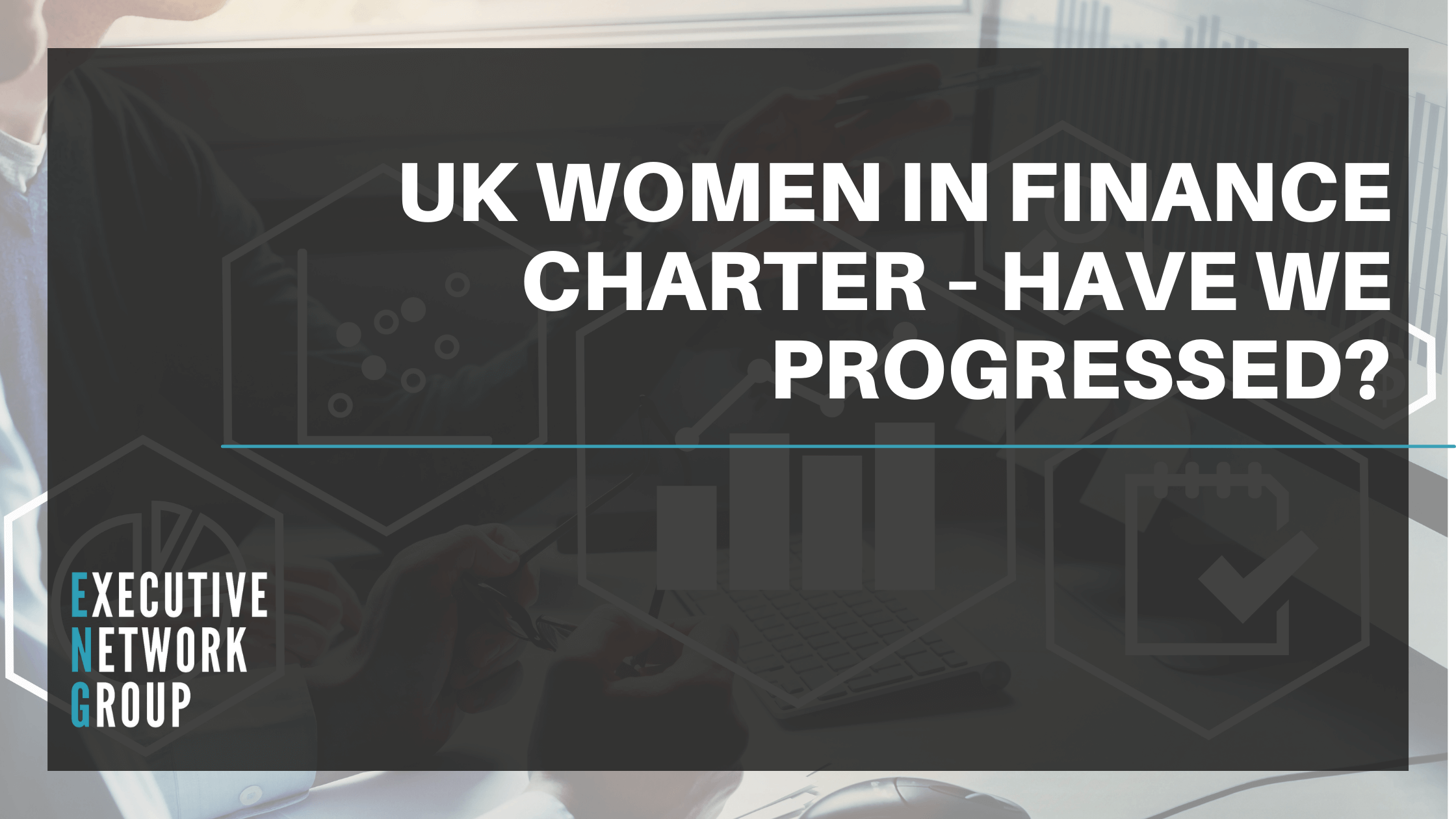A diversified workforce is the expectation, not a moral option. Is your HR team prepared?

How important is diversity?
Diversity is an integral part of the modern workforce. It is far more than a moral obligation, as diversity strategies provide financial benefits, innovative ideas, and an advantage over competitors. By creating an environment that includes a better representation of gender, race, age, socioeconomic and religious backgrounds, and more, this will produce a variety perspectives that will lead to greater innovation, productivity, and ultimately greater returns.
There are a wealth of statistics to back this up. According to a study by the World Bank, gender equality would enrich the global economy by an estimated $160 trillion (£120 trillion) if women were earning as much as men in the workplace.[i] Moreover, at an organisational level, companies with a gender diverse workforce in their executive teams are 21% more likely to experience above average profitability, while companies with a strong ethnic and cultural diversity are 33% more likely to perform better financially than companies with a less diverse workforce.[ii]
Along with a clear financial advantage, diversity provides a competitive advantage. A company that embraces a diverse workforce is more likely to attract the best talent in the market. PwC’s survey found that over 80% of millennials stated that an employer’s policy on diversity, equality and workforce inclusion was an important factor when deciding whether or not to work for them.[iii] Therefore, it is evident that HR teams must place great emphasis on diversity and inclusion, not only because it’s the right thing to do, but because there are considerable financial and business benefits to be had.
What initiatives can HR departments implement to ensure a diversified workforce?
Growing and nurturing diverse talent
HR teams should strive to engage diversity at all levels of seniority. Work experience is an effective way to offer opportunities to young people, which is key to breaking down barriers to diversity. “For a lot of young people today, there are massive preconceptions of what it actually is to go to work. They can grow up and think ‘that’s for someone else, I’m not a person who wants to wear a suit and tie’, but we all have an opportunity to show them how the world of work has changed”.[iv]
With the talent already in your organisation, diversity mentorship programmes are a brilliant way to collaborate across teams. Such program help to create informal relationships, whilst encouraging employees to build career paths in areas they may not have considered before. This will create an environment with equal opportunities so that all employees feel empowered.[v]
Furthermore, providing employees from minority groups with training and support to reach senior levels is integral to truly achieving a diversified workforce. Ethnic minorities in leadership positions remains “one of the most challenging for employers in the UK and without action, ethnic minorities will continue to be under-represented at management level”.[vi]
By committing to programmes that encourage talent to try new skills and opportunities at all levels, the workforce will be to able flourish and reach their full potential and your company will reap the rewards of a diversified workforce.
Diversity hiring
An extremely effective tool to increase inclusivity is diversity hiring. This is hiring based on “merit with special care taken to ensure procedures are free from biases related to a candidate’s age, race, gender, religion, sexual orientation, and other personal characteristics that are unrelated to their job performance”.[vii]
To implement this, HR teams should firstly evaluate their current hiring process to assess the diversity within each step and where it is lacking. Without analysing your existing process, you cannot see where you are falling short. Once such an area has been highlighted, HR professionals can set in motion realistic numerative targets, for example, increasing female employees in leadership by 10% over the next 6 months.
Using data to help
The HR industry, like all industries, can benefit from the advancement of artificial intelligence (AI) and use of data – particularly in recruitment where it helps eliminate bias in applicant screening and selection. As a result, many companies are now actively pledging to increase diversity and are using data and analytics to do so.
This is the case with Dell Technologies. Their diversity objective for the next decade is clear: “to cultivate a more diverse and inclusive workforce by 2030. The three-point plan aims to increase the percentage of women (a target of 50%) and people of colour (a target of 25%) on staff through updated hiring, retention, and education methods”.[viii]
It is great to see companies promoting diversity. The more that do creates a domino effect, as competition will follow suit to remain competitive. Therefore, looking to the near future, it will be imperative for HR teams to drive diversity and inclusion in which data plays a vital role.
To reflect…
HR teams have a fundamental role to play in prompting the rest of the business to “start thinking about different opportunities that can create for upping diversity and inclusion”.[ix] The benefits are evident: a more innovative and happy workforce, that provide clear financial benefits as well as an advantage over competitors. As discussed, HR professionals can build diversity initiatives by developing talent through work experience, mentoring, and supporting employees to leadership positions, as well as by implementing diversity hiring, particularly with the use of data to aid this. By considering the rise in cases of companies like Dell Technologies, who have already pledged to impressive diversity programmes, it seems this is the new normal, and a diversified workforce is the expectation, not simply a moral option.
Executive Network Group are proud to have diversity, along with data and delivery, at the core of our recruitment strategy. Find out more here.
[i] Jess Fuhl, https://www.sagepeople.com/about-us/news-hub/hr-role-diversity-inclusion-ask-experts/
[ii] Ibid.
[iii] Ibid.
[iv] Ibid.
[v] Sherry Tiao, https://chronus.com/blog/mentoring-helps-diversity-in-organizations#:~:text=Mentorship%20programs%20can%20improve%20diversity,and%20knowledge%20necessary%20for%20advancement
[vi] Change boardteam, https://www.changeboard.com/article-details/13720/diversity-in-the-workplace-what-s-the-role-of-hr-/
[vii] Somen Mondal, https://ideal.com/diversity-hiring/
[viii] Sherry Tiao, https://chronus.com/blog/mentoring-helps-diversity-in-organizations#:~:text=Mentorship%20programs%20can%20improve%20diversity,and%20knowledge%20necessary%20for%20advancement
[ix] Jess Fuhl, https://www.sagepeople.com/about-us/news-hub/hr-role-diversity-inclusion-ask-experts/

